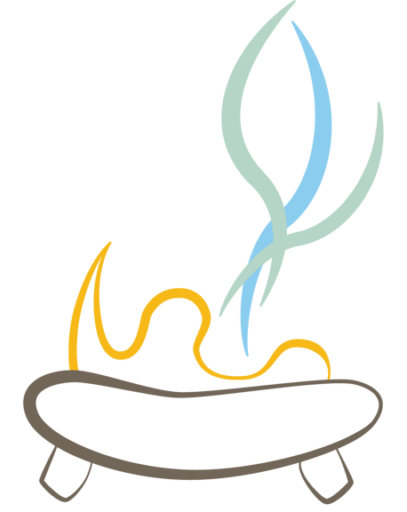The Non-Insured Health Benefits (NIHB) program is a national program that pays for some or all of the costs of medical transportation, dental, pharmacy, vision care and medical supplies and equipment, as well as mental health counselling costs that are NOT covered by other health plans for eligible First Nations and Inuit.
For Beneficiaries of the Labrador Inuit Land Claims Agreement (LILCA), this means that NIHB is intended to supplement the benefits provided by provincial or territorial health plans (MCP in N.L.), private insurance plans (i.e. Sunlife or Great West Life, etc.), and the Department of Advanced Education and Skills (AES), in N.L., Beneficiaries must use other available health plans and insurance options first before they can access any eligible NIHB benefits.
The Department of Health and Social Development (DHSD) administers the NIHB program on behalf of the First Nations and Inuit Health Branch (FNIHB) of Indigenous Services Canada, formerly known as Health Canada. The DHSD has adopted Indigenous Services Canada’s policies which help to guide the benefits that are provided; with standardization and evidence-based support from Indigenous Services Canada. If you would like more information about Indigenous Services Canada’s NIHB policies and responsibilities for the NIHB program, please visit their website at the following:
http://www.hc-sc.gc.ca/fniah-spnia/nihb-ssna/index-eng.php
The DHSD manages all aspects of the NIHB program for Beneficiaries of the LILCA. This includes billing for eligible dental services, prescription drug services, vision care, medical supplies and equipment, medical transportation and mental health counselling and is administered by the regional NIHB office, located in Happy Valley – Goose Bay, N.L. The systems are supported by trained staff and it enables the DHSD to closely examine and monitor areas of spending and plan for programs and services, identifying where health initiatives need to focus.
The DHSD constantly reviews program spending to ensure fairness, cost-effectiveness, and accountability and to make changes to benefits if necessary. However, any significant changes to NIHB that impact clients require Nunatsiavut Assembly approval.
Our goal is to ensure that Beneficiaries of the LILCA will receive the best benefits possible under the NIHB framework.
NIHB provided coverage falls into these categories:
Medical Transportation – This includes air and ground travel, accommodations, and meals for approved patients who need to travel for medical services, along with escorts of patients who are unable to travel alone.
Interpreter/Translator Services – Language services that are required to ensure patient access to health services and care providers.
Vision Care – This includes eye examinations and prescription eye glasses.
Prescription Drugs – These are only prescribed drugs that are included on Health Canada’s NIHB approved drug list.
Medical Supplies and Equipment – This includes a wide range of items such as wheelchairs, walkers, diabetic testing supplies, prosthetics, orthotics, and other medically prescribed personal care needs.
Dental Care – This includes examinations and treatment needed according to an approved treatment plan.
Mental Health Counselling – Every 12 months, an eligible patient can receive up to 22 hours of counselling performed by a registered service provider on a fee-for-service basis (such as, individual, family or group counselling). Additional hours in the same 12 month period may be provided on a limited case-by-case basis. The NIHB Program’s Mental Health Counselling benefit is intended to provide professional mental health counselling services when such services would not otherwise be available to the patient in their home community of residence. Mental wellness services and mental health counselling services must first be considered through other coverage options (e.g. provincial/territorial services, employee assistance programs).
To find out about specific benefits under each category, and the procedures for accessing them, contact the regional NIHB office (1-866-606-9750) or your local DHSD community office.

